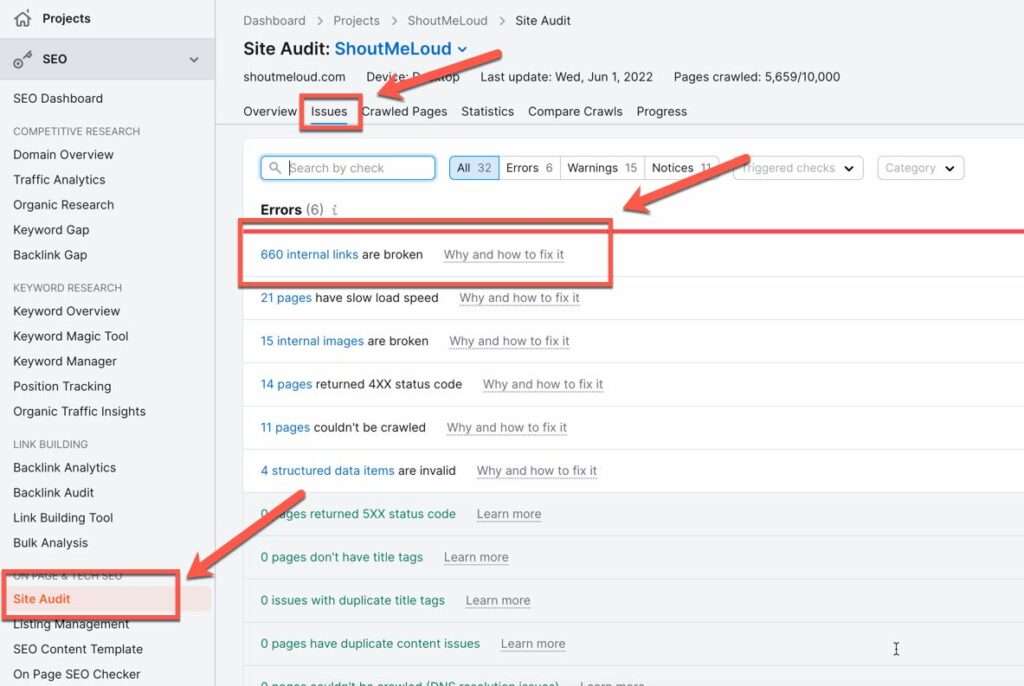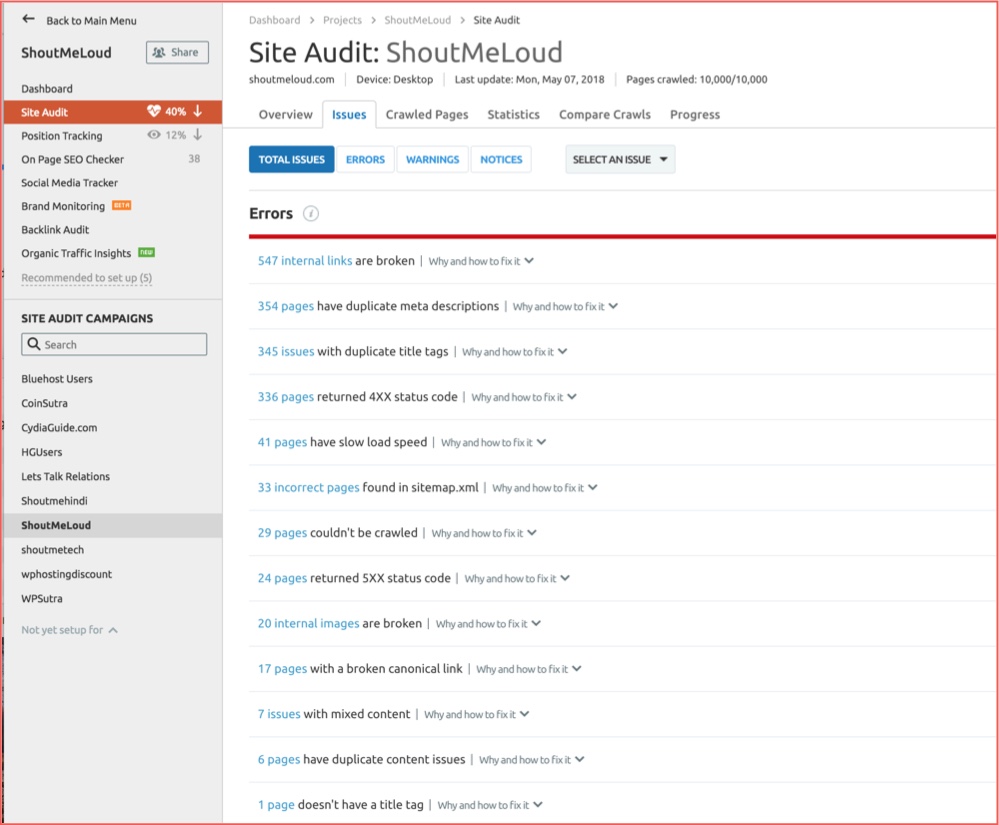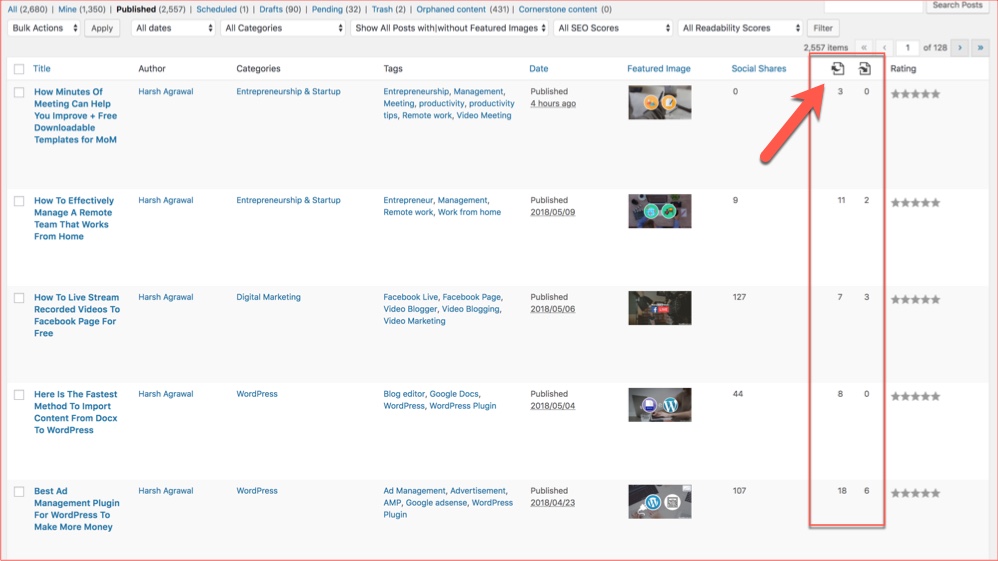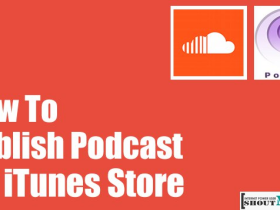I will talk in this article about how to create internal links. Working on your On-Page SEO and On-site SEO is a great place to start if you want to see an increase in the amount of organic traffic your website receives.
Are you frustrated that your blog doesn’t get enough visitors?
More than 1.5 million pages are viewed on ShoutMeLoud every single month, and organic traffic accounts for 80% of our website’s total traffic. Without well-written, high-quality material and well considered SEO, this feat would not have been attainable. To assist you increase your total SEO score and, as a result, your organic ranking, we are going to discuss an essential SEO component that you will learn about today.
One of the most important aspects of a website that webmasters and those who are in charge of hiring content writers frequently neglect to pay attention to is the internal linking system.
What is the purpose of internal links in SEO?
It is a term used to describe hyperlinks that lead from one part of a website to another part of the same one. Internal links aid search engines in their efforts to index the pages. In addition, it aids in the transfer of “link juice” from one page to the next.
In order to make sense of this, let’s look at an example:
Suppose you have a website with ten high-quality backlinks from different websites. Now that page has risen in the SERPs, you can use it to connect to other pages on your website, passing along the link juice to those that don’t yet have as many backlinks to their credit.
Internal linking is an important part of creating an authority website because it connects all of your blog posts together.
In terms of search engine rankings, Wikipedia is a great example of a well-structured internal linking system.
It’s time to move on to more advanced techniques for implementing internal linking now that you know what they are.
There are a few things you should keep in mind while you’re establishing internal links in your WordPress site:
MORE ARTICLES:
20 Ingenious Methods for Increasing Your YouTube Subscriptions in 2022
7 Easy Steps You Can Take Right Away To Boost The Organic Traffic Onto Your Blog (Expert picks)
How To Use SoundCloud To Publish Audio Podcasts On iTunes
Use anchor text internal links to your advantage.
- Related posts appear at the end of posts.
- In the sidebar, the most popular posts
Internal links can be easily added to a webpage by using the methods listed above. Internal linking WordPress plugins are available in the WordPress ecosystem for easy internal linking.
In an article of 1200 words, you should follow Wikipedia’s lead and include 7-10 internal links. Internal links can be as many as you want, as long as they are relevant to the context and useful to the users.
After writing or proofreading an article, I often insert internal links. Make sure your editor knows how to create internal links to material while editing it if you have one.
Linkwhisper is a new plugin that I’ve recently started using, and it has a great feature that suggests suitable articles for embedding into your content.
It will save you a lot of time if you have a blog with over 200 entries and want to add internal links.
The question is, what about the old ones?
Identifying pages with insufficient internal linking or those with low incoming connections is difficult. These pages can be identified in the following section. After that, you’ll be able to begin altering them.
Looking for pages with a low number of internal links inbound or outgoing.
Incoming links are low.
Finding the sites with the fewest internal connections is a good place to start if you want to improve your internal linking. There should be at least two internal links on every page (referenced from other pages).
It’s now possible to utilize the Linkwhisper plugin for WordPress to identify pages with few internal links.
[rb_related title=”More Read” style=”light” total=”4″]
We can also use the site audit capability of the Semrush program. I’ve written about Semrush a few times before, and it’s been my go-to SEO tool for the last few years.
It is possible to find pages with low incoming links using Semrush’s built-in capability. If you’d want to use the Yoast SEO WordPress plugin instead of Semrush, continue reading the rest of this article for information on how to do so.
- Add your website to the Semrush Dashboard’s site assessment tool.
- Perform a full site audit (the trial version also lets you do that)

To find pages with only one or fewer incoming internal links, navigate to Issues and look under Notices.
After clicking on it, you will see a list of pages that require your attention.
Consider the following suggestions while utilizing Semrush’s problem feature:

As a last step, we’ll pick pages from which you can begin adding more internal links.
Outgoing internal links can be found by looking for pages that have few or no incoming ones.
Yoast premium will be used for this. Additionally, the Yoast SEO Premium can help you find pages that have a low number of inbound connections from other pages (I discovered that while writing this section).
When you’ve enabled the text link counter in the Yoast > Tools section, go to where all your blog posts are listed in the dashboard and update those posts from there.
Count the number of inbound and outbound links to this post in the two new columns that appear here. (A greater understanding is provided by the following screenshot.)

Sort the columns by ascending or descending link count here, as well. The option to see the posts that link to a certain article is one feature I’d like to see added to the amount of internal links.
[rb_related title=”More Read” style=”light” total=”4″]
With the premium edition of Yoast SEO for WordPress, you can easily discover the problem. Semrush should be used to find pages on non-WordPress or BlogSpot websites.
Half of the work is done once you’ve identified posts that have a low number of internal connections or external links. You should now begin editing your blog’s entries in order to strengthen the overall link structure.
It is my hope that this article will help you resolve any issues you may be having with your blog. Get in touch!
- Which pages don’t have any incoming internal links, and which pages don’t have many outgoing internal links?
- How can you optimize the internal linking structure of your website?
For now, I’ve compiled a list of some of my favorite resources for you to check out (as part of my internal linking strategy):










Leave a Reply